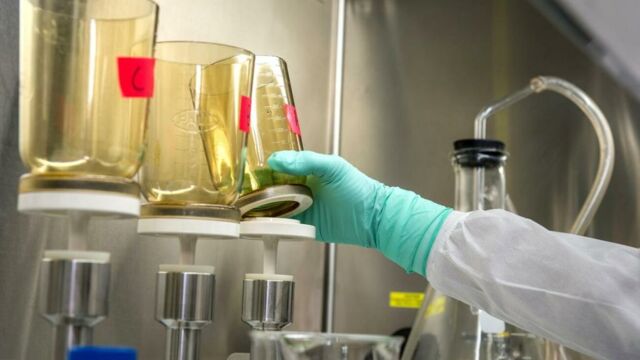Nagoya University has just published the results of one of its recent research projects in the journal ACS Applied Materials & Interfaces, and they are quite encouraging to say the least! According to the study, it will soon be possible to detect brain tumoursearly and non-invasively.
Discover our latest podcast
MicroRNA, macro-advancement
The star of this study is called 'microRNA.' According to Nagoya University, these acids present in biological fluids (and thus urine) can be used as biomarkers to detect the presence of brain tumours.
In order to be able to properly analyse these acids, the team in charge of the study has developed a new, much more capable device, in comparison with conventional methods. It can extract very large quantities of MicroRNA. Consisting of 100 million zinc oxide nanowires, the device can be easily sterilised and mass-produced.
Early detection, early cure
Co-author of the study Dr. Natsume boasts:
In the future, through a combination of artificial intelligence and telemedicine, we will be able to detect cancer earlier, and doctors will be able to know the status of cancer patients through a small amount of their urine.
Today, diagnoses can be delayed because the means of detection are cumbersome, invasive and expensive. All too often, patients are tested when their symptoms are already severe, but this could change with the mass implementation of such a convenient device. Admittedly, a urine test is much less intimidating than an MRI scan.















